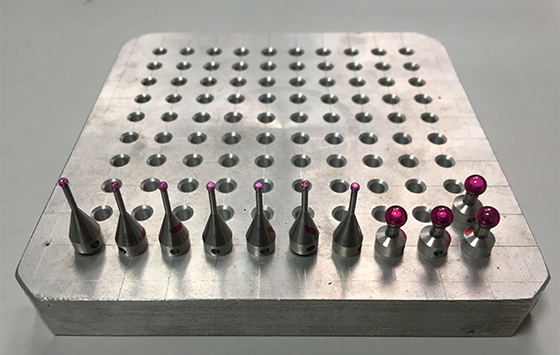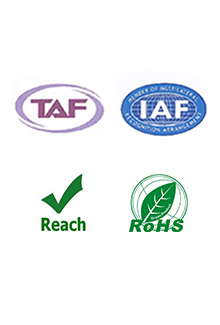World Wide Suppliers of Industrial Sapphire&Ruby Precision Parts
Sapphire to Metal for Fluidic,Metrology&Medical Components
ISO 9001:2019 Mfg&Managment Certified Companies
-
- Sapphire Lens
- IPL Light Guides
- Sapphire Prism
- Zirconia Ceramic Parts
- Single Crystal Silicon Carbide(SiC 6H/ 4H)
- Optical Windows
- Optical Lens
- Sapphire Substrate&Wafer
- CMM Styli - Probe Tips
- Sapphire Orifice Jewel
- Sapphire Windows
- Jewel Bearing
- Sapphire Tube&Rods
- Balls&Semisphere
- Ruby Orifice Nozzle
- Sapphire&Ruby Assembly Parts
- Sapphire&Ruby Nozzle
- Custom Shaped Sapphire Parts
ISO 9001:2019 Certified
information
We serve demanding customers worldwide.With advanced CMM device and innovative
production techniques & systems integrate latest technologies to meet the evolving
needs of our customers.
Contact Details
Chonghong Industries(Microwork)Ltd.
1803,2006,Huachuang Intl Commerce Building
Honghuang 10th Road Jiangbei District
Chongqing China 400020
Tel: (0086-023) 67937146Fax: (0086-023) 89119130
Cellphone:0086-18623135040
COMPANY NEWS
Ruby Ball Cylinder Styli for CMM Probe


Any error in sphericity will increase measurement uncertainty. The two most commonly used ball grades are 5 and 10 (the lower number is better). The more accurate the CMM, the more significant the effect of ball grade. Renishaw recommends grade 5 as standard and offers grade 3 (with sphericity of only 0.08 micron) for the most demanding applications.
Scanning produces more aggressive surface interaction than touch probing, resulting in three issues: debris accumulation, adhesive wear and abrasive wear. Debris is unavoidable, but easily removed with a dry, lint-free cloth. Adhesive wear involves permanent transfer of workpiece material to the ball. This condition eventually degrades the sphericity of the ball. Abrasive wear removes material from the ball or workpiece.
The ruby ball is best for most scanning applications, including stainless and titanium workpieces.
Submitted on Aug.15.2020






 1803,2006,Huachuang Building
1803,2006,Huachuang Building 
 0086 18623135040
0086 18623135040
 13500373464
13500373464